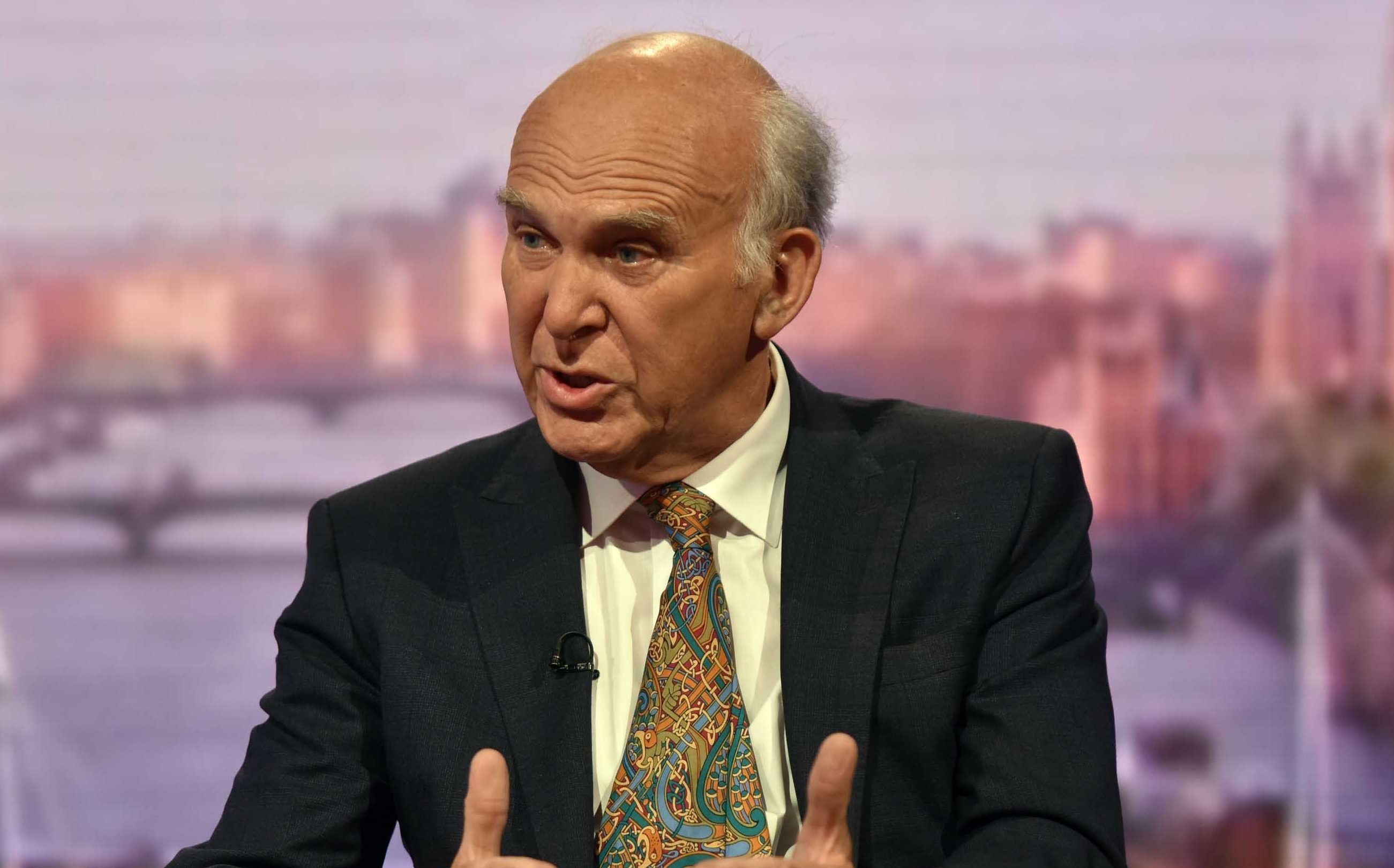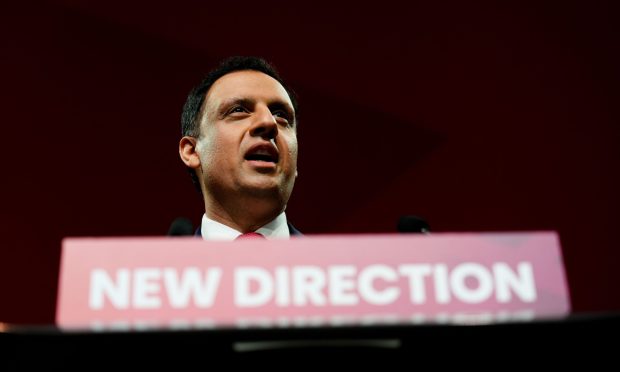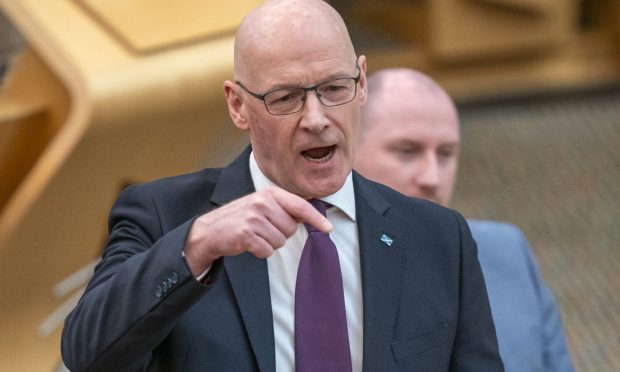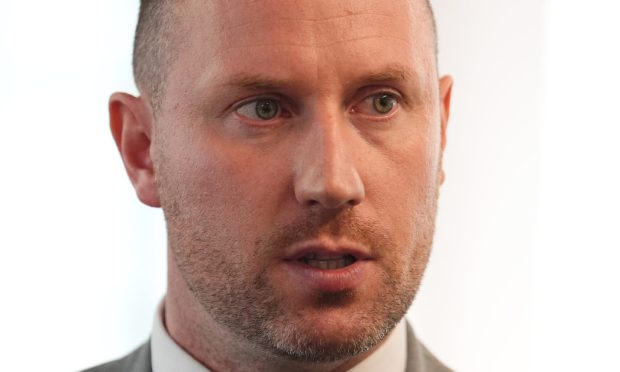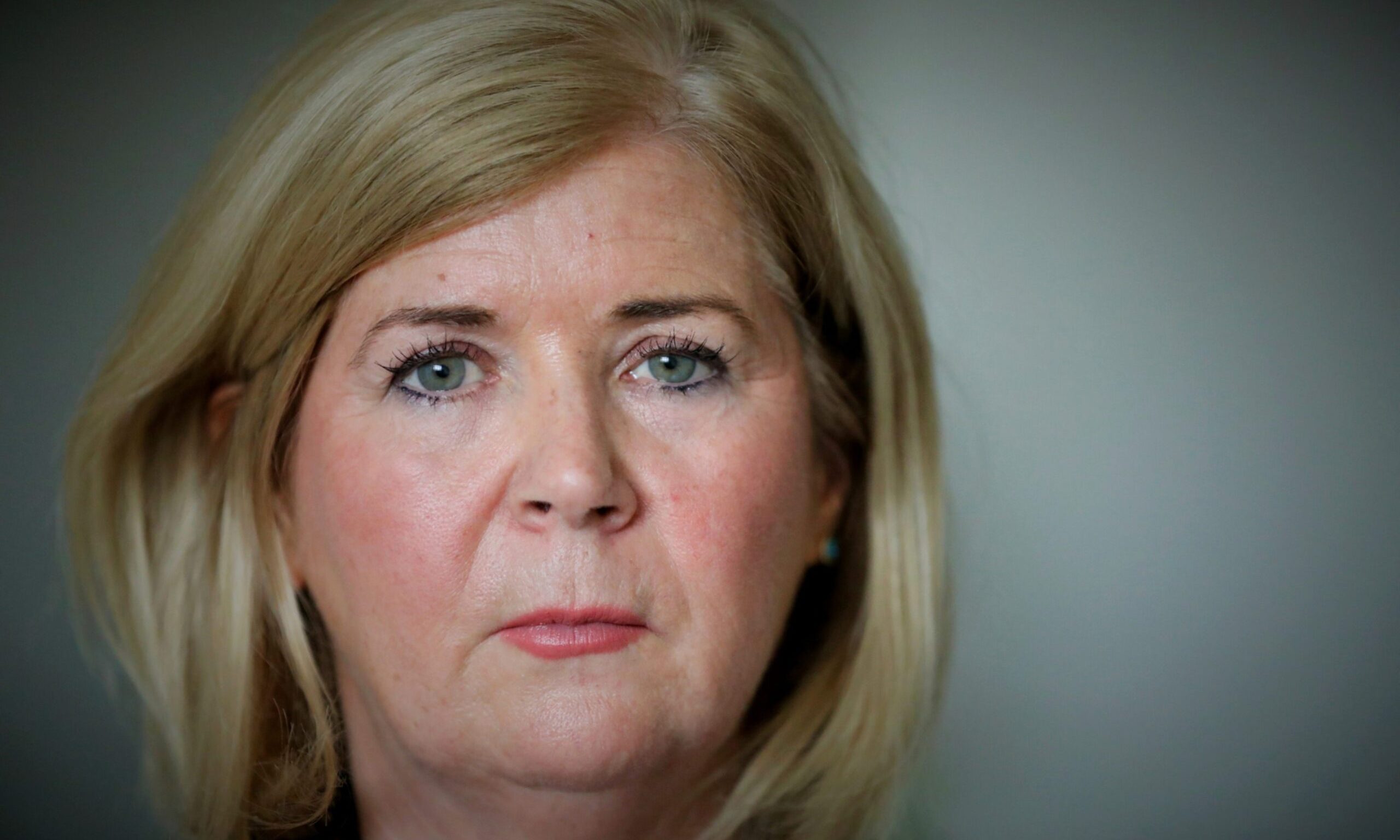The UK is “suffering a Brexodus” as the number of EU nationals leaving the country hits the highest level for nearly a decade.
Net migration with the Brussels bloc for the year to March is estimated at 127,000 – a drop of 51,000, according to official figures. That fall was driven by 33,000 EU nationals leaving the UK.
Liberal Democrat leader Vince Cable described it as a “deeply worrying Brexodus of EU citizens who have made the UK their home”.
Total net migration, which also includes movements between the UK and non-EU countries, is now at 246,000, a fall of 81,000 on the previous year. That is the lowest since the year ending March 2014.
Official Tory policy is for the difference between those entering the country and those leaving not to exceed 100,000.
The UK Government welcomed the drop but said there is “still more work to do to bring net migration down further to sustainable levels”.
The SNP said the surge in EU nationals departing is a damning indictment of the “Tory government’s extreme approach to Brexit and immigration”.
Stuart McDonald, the SNP MP, said Holyrood must have powers over immigration to meet Scotland’s needs.
“By driving away the very EU workers that our key industries and public services rely on, the UK government threatens to make businesses unviable in a reckless act of self-sabotage to the economy,” he said.
“The UK’s three million EU nationals make a valued and valuable contribution to the country – without them we would have an acute labour shortage, and as a result the whole country would be poorer and worse off.”
Labour leader Jeremy Corbyn said the NHS was facing recruitment problems due to the lack of EU workers.
He added: “People move for lots of reasons – our public services would not have survived if there hadn’t been a lot of people who had come from all parts of the world and made a massive contribution to all of our living standards.”
Jonathan Portes, professor of economics and public policy at King’s College London, said the figures from the Office for National Statistics “confirm that Brexit is having a significant impact on migration flows, even before we have left the EU or any changes are made to law or policy”.
He added: “EU nationals, both those already here and those considering a move to the UK, are understandably concerned about their future status in the UK.”
Immigration Minister Brandon Lewis said: “The fall in net migration – for the third quarter in succession – is encouraging but we are not complacent.
There is still more work to do to bring net migration down further to sustainable levels.
“People who come to our country to work bring significant benefits to the UK, but there is no consent for uncontrolled immigration.”
Migration Watch UK said although it is a “step forward”, there is still nearly a quarter of a million more people coming into the UK than leaving, which has “massive implications for the scale and nature of our society”.
Fewer EU migrants ‘will push food prices up’
Shoppers will have to pay more for fruit and vegetables as lower EU immigration pushes up costs, warns an Angus businessman.
James Porter, of Angus Soft Fruits, said the Scottish picking industry, which relies on EU labour, is 5-10% down on its required workforce following the Brexit vote.
He said the sector’s wage bill is going up because it has to pay overtime rates to address the shortfall.
Local figures from the Office fr , which were published on Thursday, showed net migration to Angus was down to just 68 people even before the Leave vote.
The net migration rate per 1,000 of the population was 0.58 in Angus in the year to June 2016, significantly lower than the 4.59 the previous year.
The national figure was 5.9, compared with Dundee (1.19), Fife (4.37) and Perth & Kinross (7.08).
“It’s definitely getting harder to get people over (from the EU),” he said. “We are still managing to get everything picked but our wage bill is higher because we are paying more overtime.”
He said the industry’s costs are also being driven up by the weaker pound because they rely on importing plants and machinery from the EU.
He added: “I think it’s pretty much inevitable that the cost of fruit and veg is going to have to go up post-Brexit to cover extra costs across the industry.”
Scottish Liberal Democrat leader Willie Rennie said firms in his North East Fife constituency are also warning they are struggling to get the workers they need. “The Conservatives’ pursuit of the most extreme interpretation of Brexit has already made EU citizens in the UK feel unwelcome,” he said.
“This presents a further serious threat to the Scottish economy which depends on hardworking EU migrants to contribute to public services, the “agricutural sector and many more industries.”
